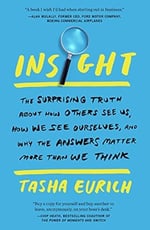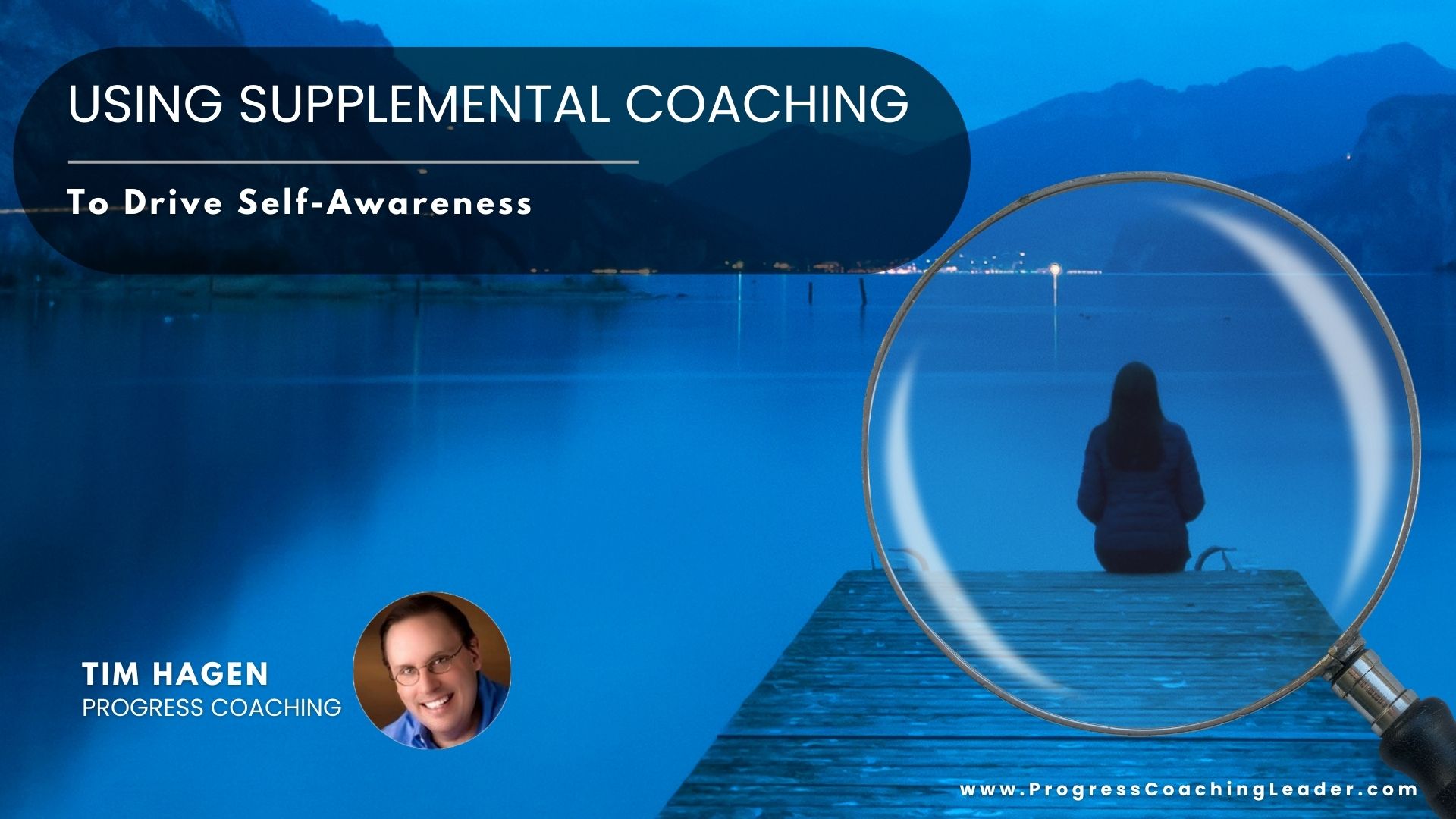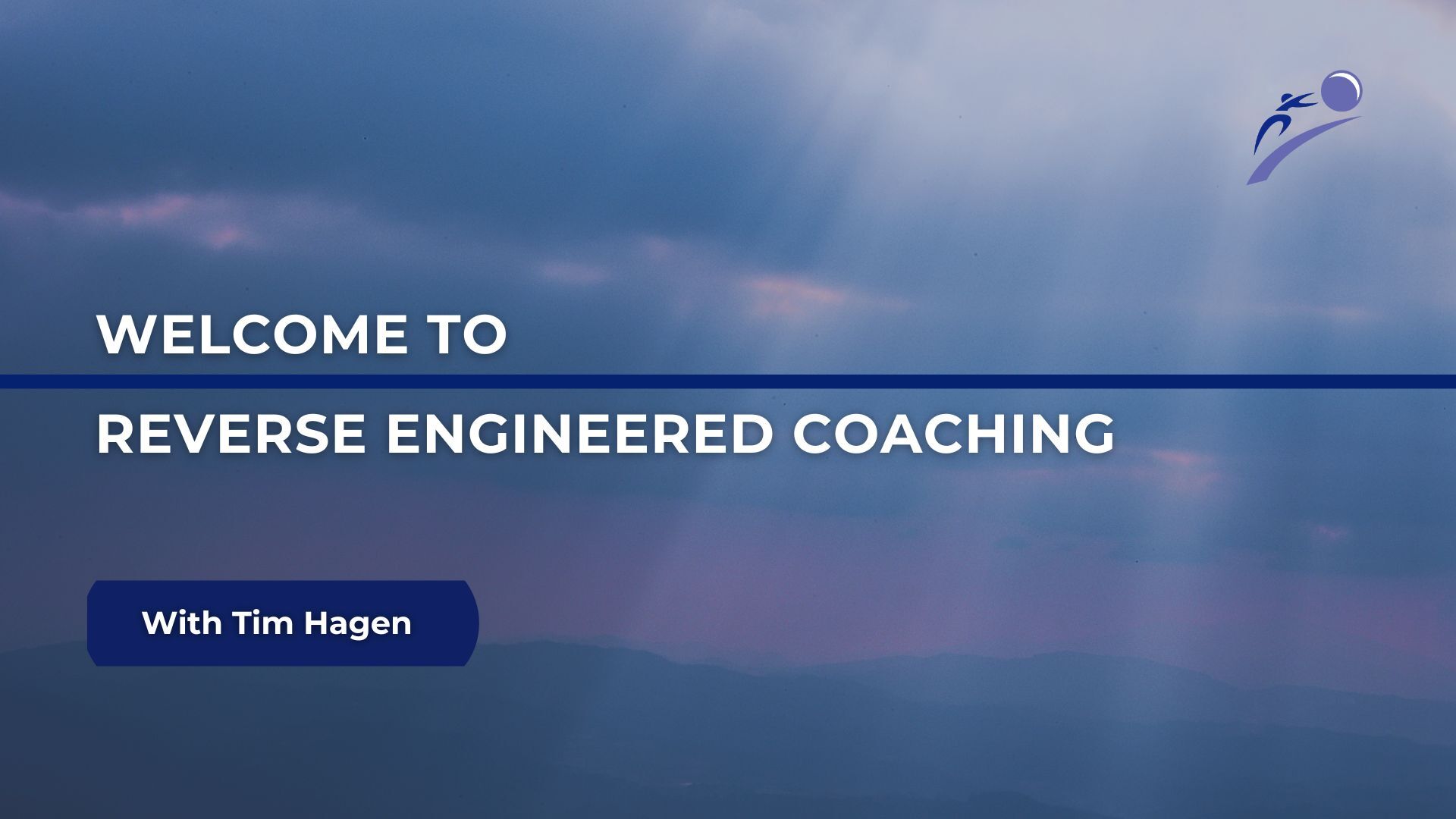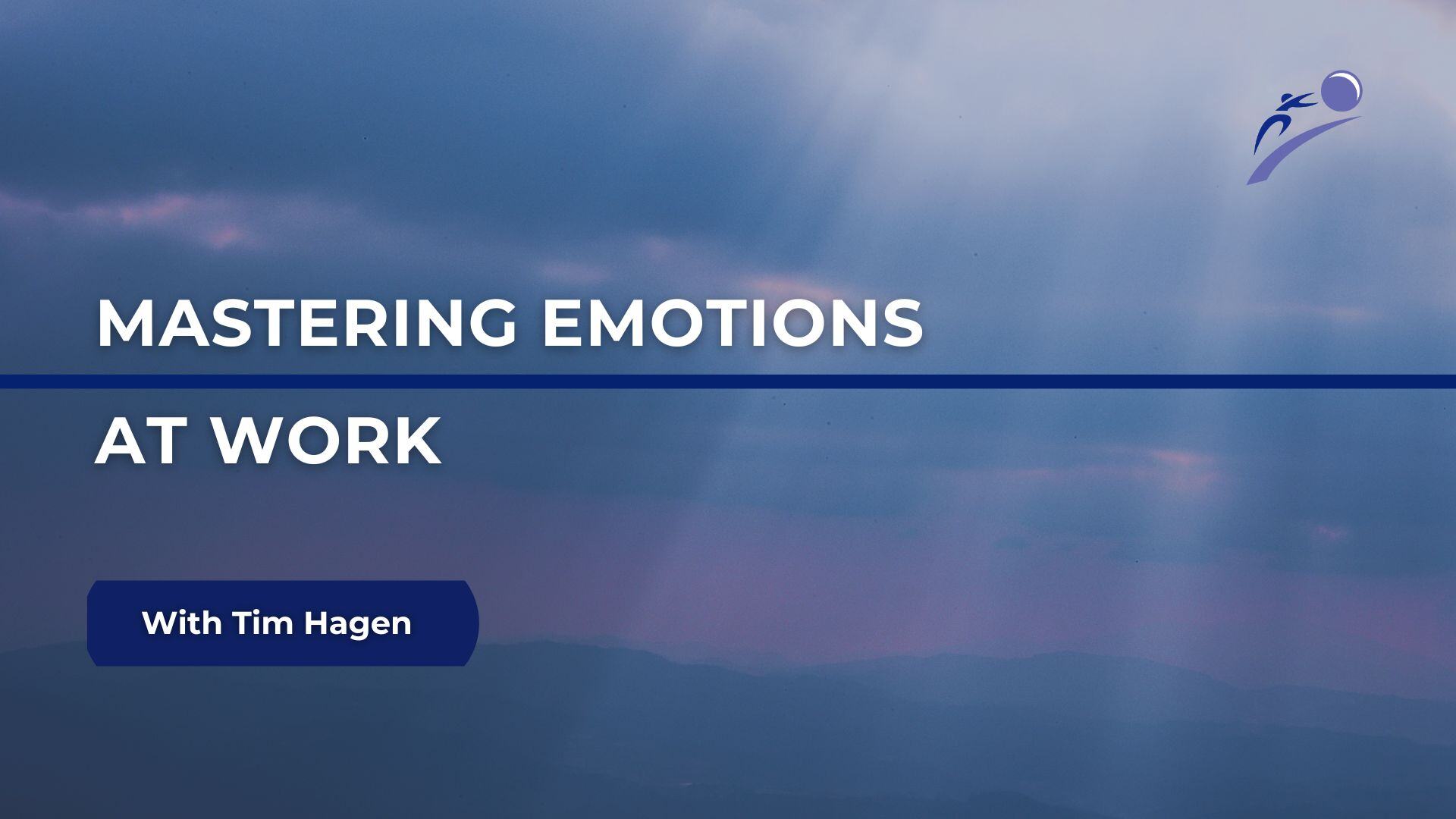Supplemental Coaching Reinforces Self-Awareness
Imagine transforming your professional life and relationships just by becoming more self-aware.
In our latest episode, we're equipping you with the tools to do just that as we explore the transformative power of self-awareness and the technique of supplemental coaching. We take you through the journey of a banker who, through our coaching, learns to observe, reflect, and understand his interactions at a coffee chop. His journey to self-awareness, which also involved reading the book "Emotional Intelligence 2.0" by Travis Bradbury, led to a significant shift in his demeanor and his relationships at work.
We also delve into our unique coaching framework, which includes the role of the 'motivator'. This individual works to connect coaching to personal goals and aspirations, making the process more effective. We'll share a variety of strategies that can supplement direct coaching and how they can drastically accelerate talent development. Whether you're a leader aiming to better understand your team, an individual seeking growth, or a coach committed to your clients' success, this episode is packed with insights to help you leverage self-awareness for transformation.
When it comes to self-awareness, one of the greatest things we can do is use something that we teach at Progress Coaching, called Supplemental Coaching.
If I have a relationship with somebody who's struggling with self-awareness, I normally meet with them every week to two weeks in direct coaching sessions. We also teach something called the motivator. The motivator is an element or an aspect within our coaching framework where we're teaching people how to coach others specific to their motivator. For example, if I'm coaching someone who's lacking self-awareness and he talks over people in staff meetings, yet he wants to get a promotion, I might say something similar to the following: "Well, John, I noticed a few times when Jill and Suzy were talking, you inserted yourself pretty aggressively. How do you think that will help or potentially hurt you when it comes to your goal of becoming a first-time manager?"
In this example, you tie the motivator into your direct coaching. To bring about self-awareness, pause people to think.
Supplemental coaching is one of the coolest strategies. It supplements your direct coaching, i.e. the question above. It could be reading a book, observing somebody, and journaling those observations. It could be peer-to-peer coaching, where they're teaching or practicing with one another. It could be mentoring or self-coaching. There are about seven or eight different strategies that we teach within Supplemental Coaching, and all are effective.
Here's a story about a banker we worked with. The president of the bank asked if we'd sit down with them to give an honest opinion of one particular guy. He was a wonderfully nice guy, and I'll never forget it. He pointed at me and said, "Oh, I can't wait to work with you. This is going to be so much fun." When he pointed at me, he actually touched my nose. I'm not making this up. I looked at him and he kept going. The president of the bank looked mortified. With my humor, I looked at him and asked "Do you pick it, too?"
He stopped and said, "Excuse me? What are you talking about?"
He had no idea.
From what I was told, the man was not well-liked. The HR manager didn't care for him, either. When you sat down with this guy, he was loud. He'd yell across the lobby when he first walked in, he'd blurt things out in the middle of staff meetings, and it got to a point where it was uncomfortable for other people to be around. The HR Manager told me they couldn't stand working with the guy, they couldn't wait until he left the bank.
Yet, void of his behaviors, he was always cloaked in helpfulness. He was actually one of the nicest, most helpful guys. He's the kind of a guy you could call at 3:00 a.m. to ask for a ride home, and he'd come get you.
We did something very interesting. After lunch, the president said to me he really needed to sit down and spend more time with him. And I said I didn't know if I was right, but wanted to use supplemental coaching for this one. I was confident this man became stimulated by the interaction with other people. When he's around other people, it creates this behavioral set of attributes that are so irritating because he just wants to help. The president of the bank was surprised and said he hadn't looked at it like that.
Here are the two supplemental coaching things we did:
This bank happens to be across from a coffee shop. Now, I'm not a coffee drinker, yet I drink hot chocolate, and I occasionally go over there, and the people behind the counter are well-trained. I think they do a very good job. We would send this man over there twice a week with a notebook. We said just journal, just write down the observations of the people behind the counter and how they interact with each other and how they serve their customers. Go alone, and write it down.
The second thing we did was we had him read the book Emotional Intelligence 2.0 by Travis Bradbury. There was no one-on-one coaching during this time period for about 60 to 90 days while he participated in this observing and journaling. Then, he came to us and asked us if we thought he lacked emotional intelligence. I'm honest, and say, yeah, we do. He replied, "Well, it's interesting. When I journal my observations of the people at the coffee shop, I realize I'm a lot calmer."
There was no one-on-one coaching during this time period for about 60 to 90 days while he participated in this observing and journaling. Then, he came to us and asked us if we thought he lacked emotional intelligence. I'm honest, and say, yeah, we do. He replied, "Well, it's interesting. When I journal my observations of the people at the coffee shop, I realize I'm a lot calmer."
Truly, he seemed calmer. A lack of calmness wasn't his problem, it just manifested itself in an impression that undermines him because it's really cloaked in helpfulness. When I shared that with him, he'd never thought about that before. It was the most calm conversation between us.
Now, let me not mislead you. He wasn't cured, for lack of a better description. Yet, he was starting to become aware. When he was reading he was starting to ask himself, "Is this me?" When he saw the people behind the coffee shop counter, and he was journaling how friendly they were, how considerate, how they talked to each other, and how they listened to each other, he started to realize if he interacted with his teammates that well.
Within about six to nine months, he was a really improved, more self-aware person.
Remember supplemental coaching supplements your direct coaching to accelerate talent development.
Supplemental Coaching Ideas for Self-Awareness
-
Read Insight by Tasha Eurich. Journal at the end of every chapter these three questions: What did
 you learn? What did you learn about yourself? What positive steps are you going to take from an action perspective based on those learnings?
you learn? What did you learn about yourself? What positive steps are you going to take from an action perspective based on those learnings? -
Have a group of people read Insight by Tasha Eurich. After reading the first 3-4 chapters, come together in a group or pairs and have each person share what they learned about themselves as a result of the reading.
-
Watch a video from the Pursuit of Wonder called "The Terrible Paradox of Self-Awareness," and ask yourself the same three questions from above.
-
Find a mentor or co-worker who you believe exhibits self-awareness very well in a professional manner, and ask them questions. Ask to shadow them for a few afternoons to watch and write down what you observe.
If you are looking for a way to strengthen your organization, ask about our Coaching Champion Certification program where we take everyday employees and use everyday conversations to strengthen the organization's culture. Coaching Champions inspire and motivate others and professionally challenge those who struggle with positivity.
Get More info Here: click here





